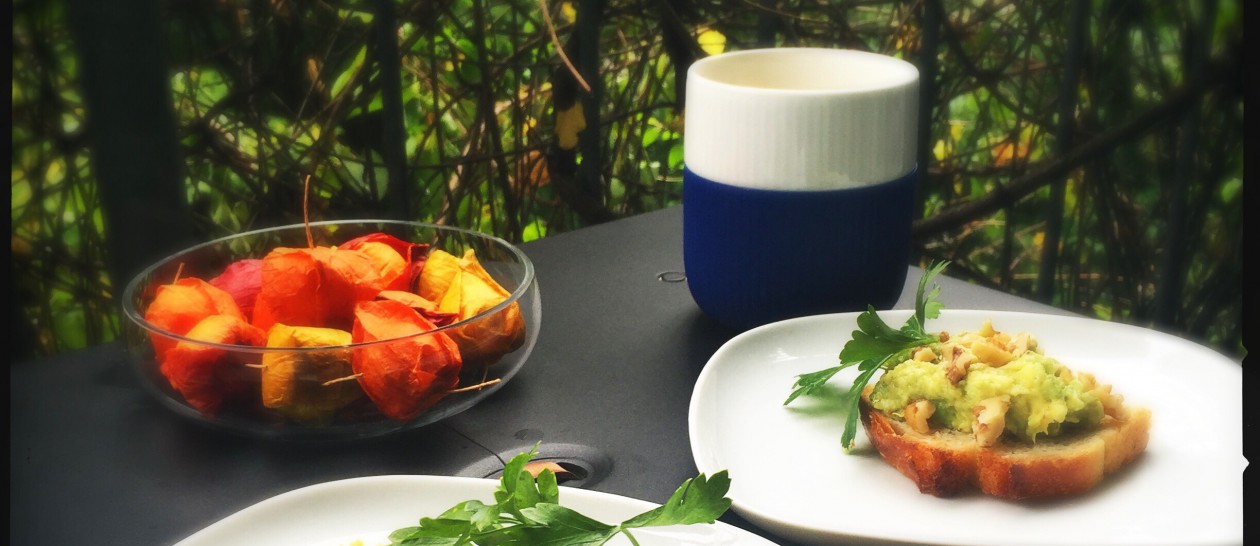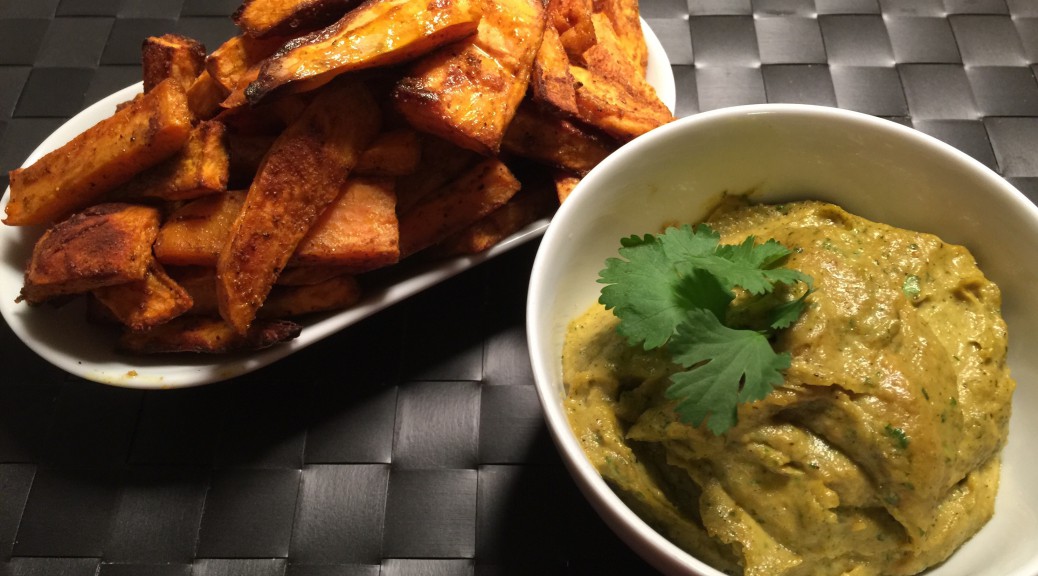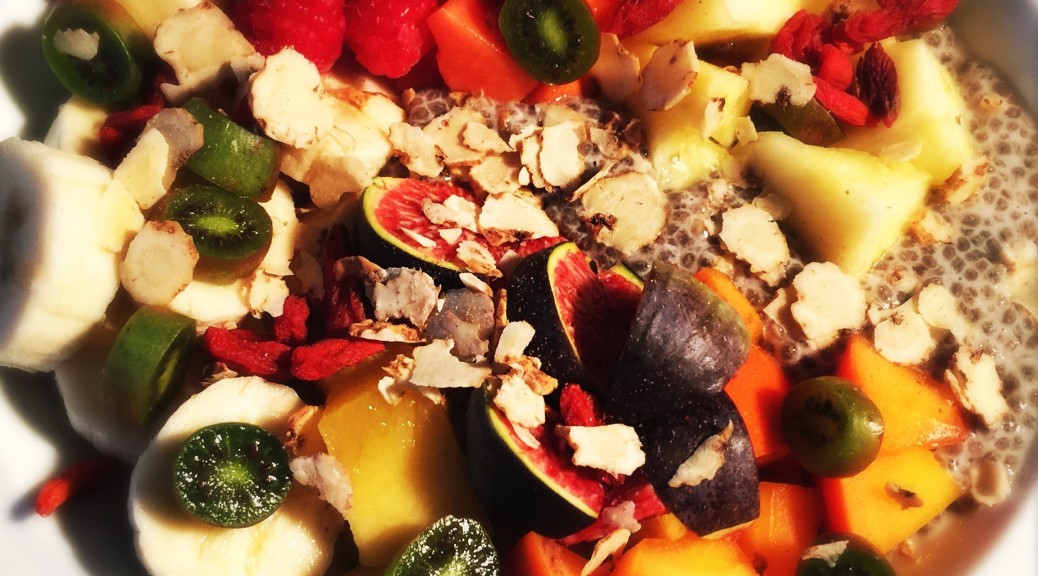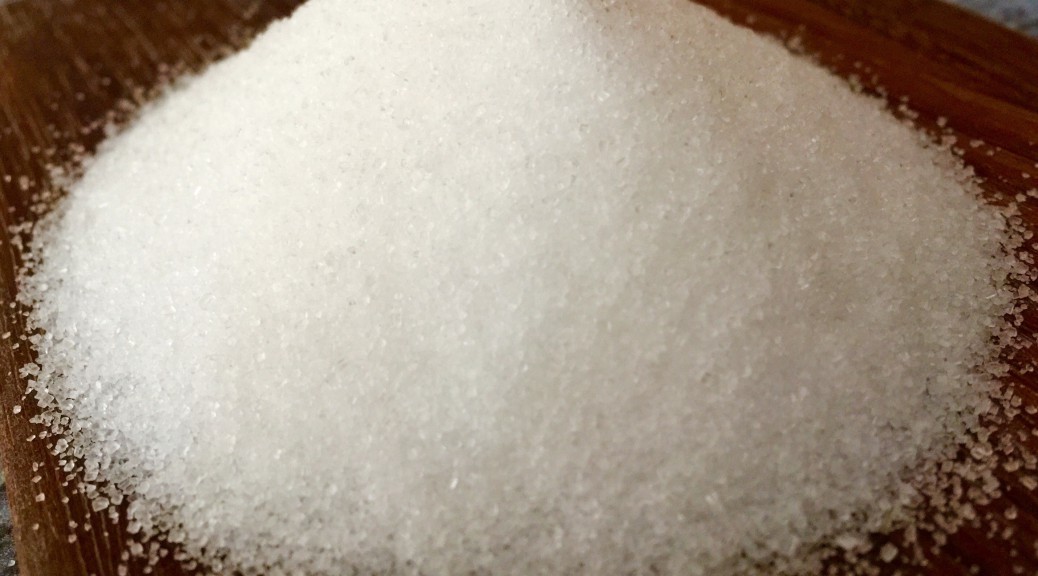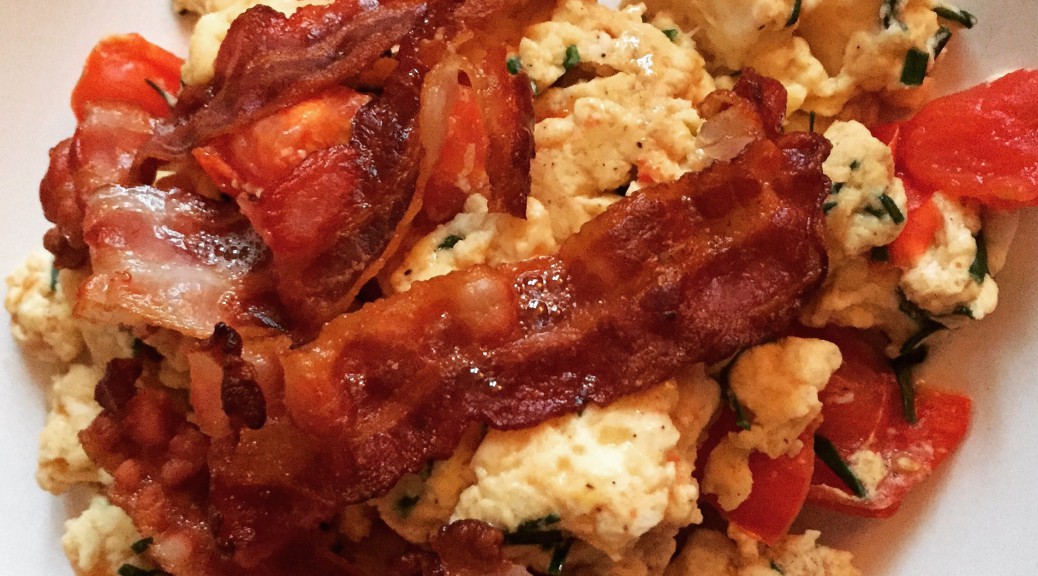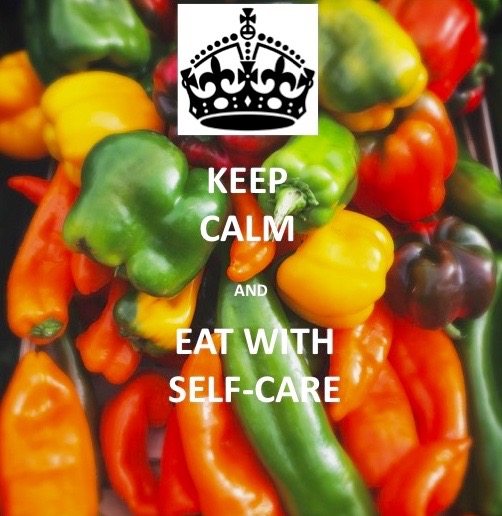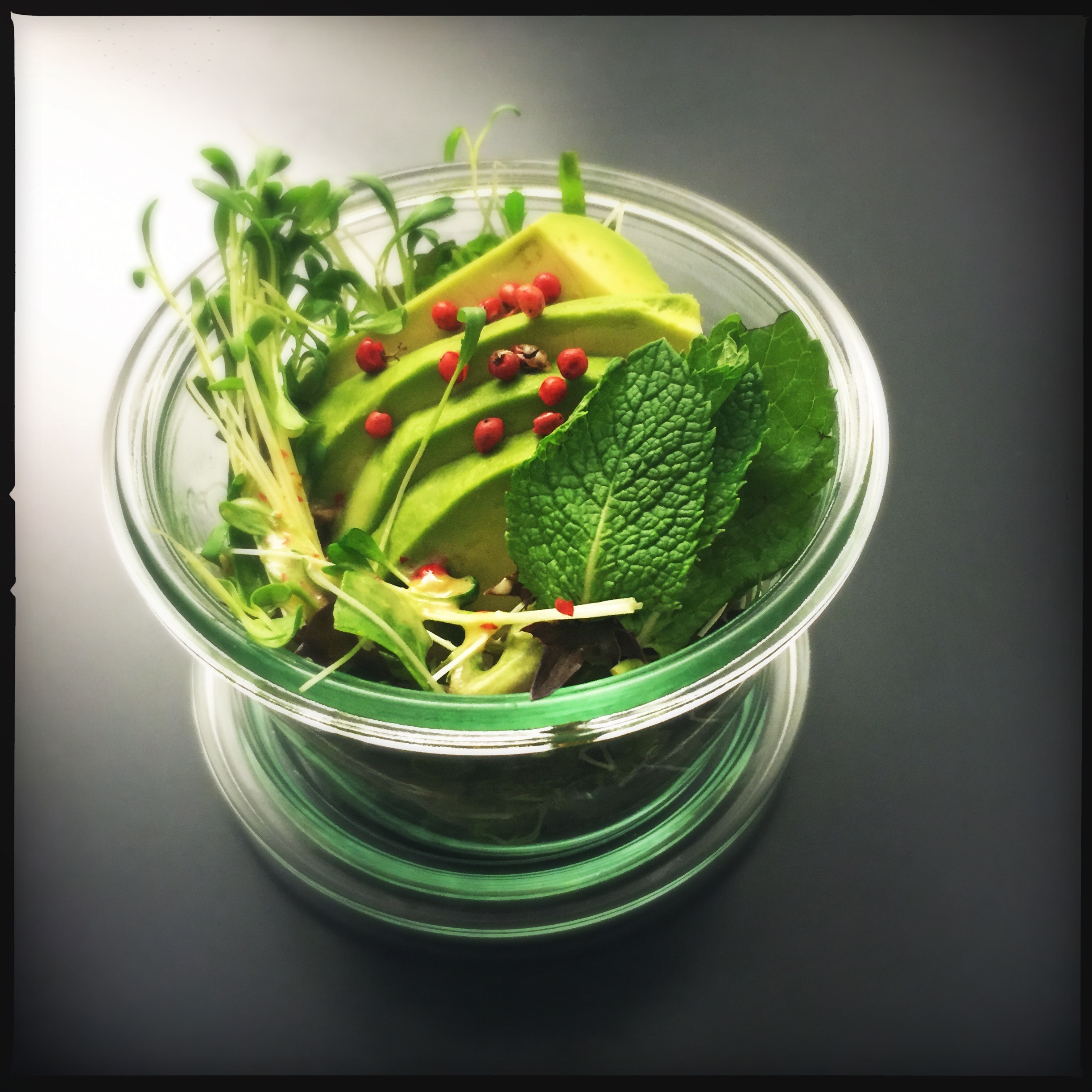Hi there!
Yesterday another food-related headline got a lot of attention:
http://time.com/4087775/sugar-is-definitely-toxic-a-new-study-says/
It is a well-known fact that children today suffer from diseases that, for long, had their onset only later in adulthood and were normally linked to an unhealthy diet (e.g. type 2 diabetes, non-alcoholic fatty liver disease, dyslipidemia, hypertension, all of them part of the so-called metabolic syndrome). Most often, these diseases occur in obese children; often additionally depending on the ethnic group the children belong to.
The Western diet has often been cited as being responsible for changes for the worse in Middle Eastern/Asian countries.
The new study by Robert Lustig and colleagues has primarily investigated the effects of fructose. Fructose is one of the two parts of what we normally call “refined sugar”. In their study, fructose was replaced by the much more complex carbohydrate starch. Starch takes much longer than fructose to be broken down and metabolized, though in the end, it´s broken down to glucose, the other part of refined sugar. That means, the children were still fed sugar/carbohydrates, but in a much more complex form.
43 obese children were given this replacement-diet for 10 days, the most informative body parameters were measured before and after these 10 days (e.g. body mass index, heart rate, blood pressure, insulin, cholesterol etc.).
All children improved remarkably.
What are the consequences of this result?!
We could easily put it into one sentence: The more refined the sugar the more harm it does to the body.
Of course, it´s a little more complex than that. Here´s our summary:
- A heading like “Sugar is toxic” is misleading. The described effects depend on the type of sugar (refined versus un-(or lesser)refined) consumed. Even the most healthy diet includes sugar – but not refined sugar, it´s the natural sugars that are used in these diets.
- Only swapping fructose for other, more complex sugars and thereby still sticking to an overall unhealthy diet is merely of extremely small benefit.
- An early education and awareness about the negative health effects of refined sugars, refined carbohydrates, and also the hidden sugars (salad sauces, tomato ketchup, flavoured yoghurts, “healthy” drinks, sports drinks etc.) is of utmost importance. This knowledge will help individuals and families to avoid the potential health-threatening, industrially refined, sugars.
Keep calm and eat with self-respect and self-care, your knowledge will protect you 
Here´s the link to the full text of the study: http://onlinelibrary.wiley.com/doi/10.1002/oby.21371/epdf
Another study found that eating sweets with refined sugar causes the brain to form a memory – and, in the worst case, to demand more and more. Increased snacking is positively correlated with obesity. At the same time, obese people snack more frequently than those who aren´t obese.
Henderson YO, Nalloor R, Vazdarjanova A, Parent MB. Sweet orosensation induces Arc expression in dorsal hippocampal CA1 neurons in an experience-dependent manner. Hippocampus, Sep 19, 2015, doi: 10.1002/hipo.22532 [Epub ahead of print]

